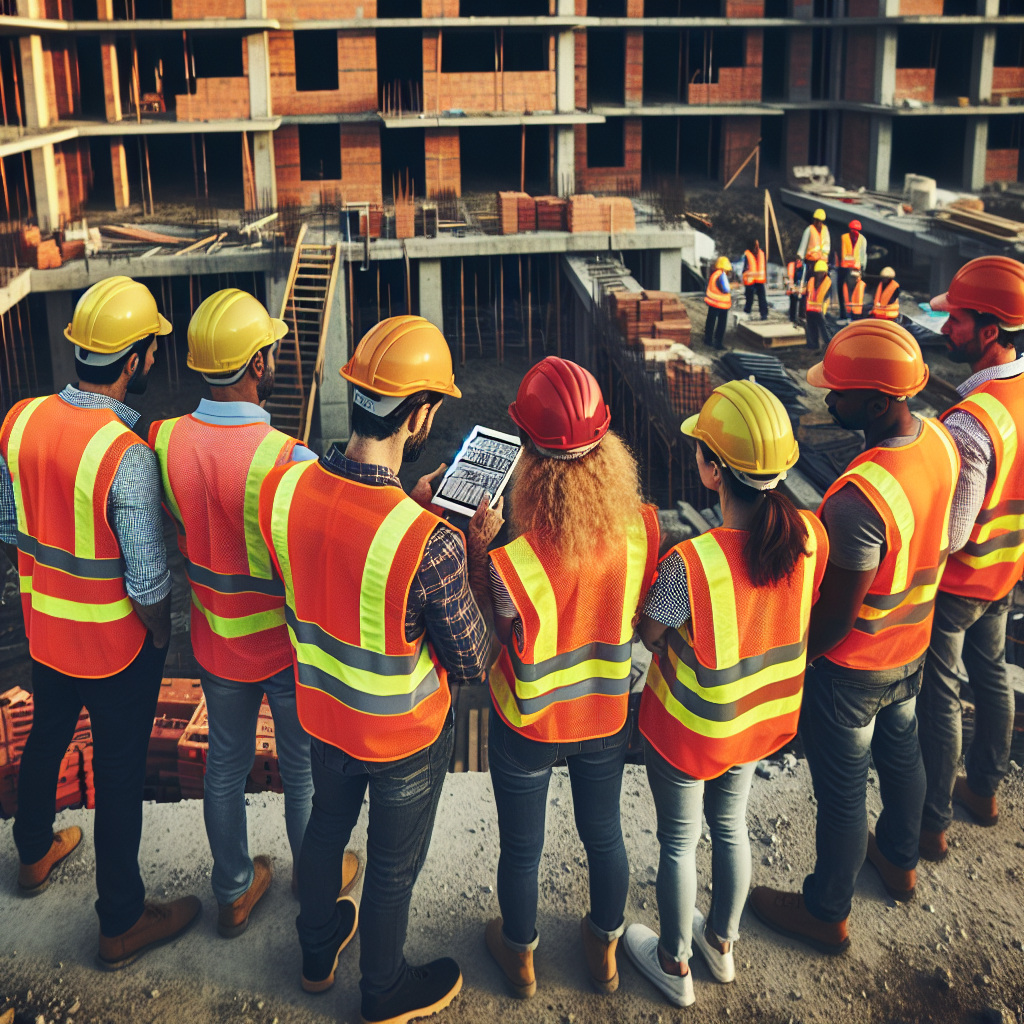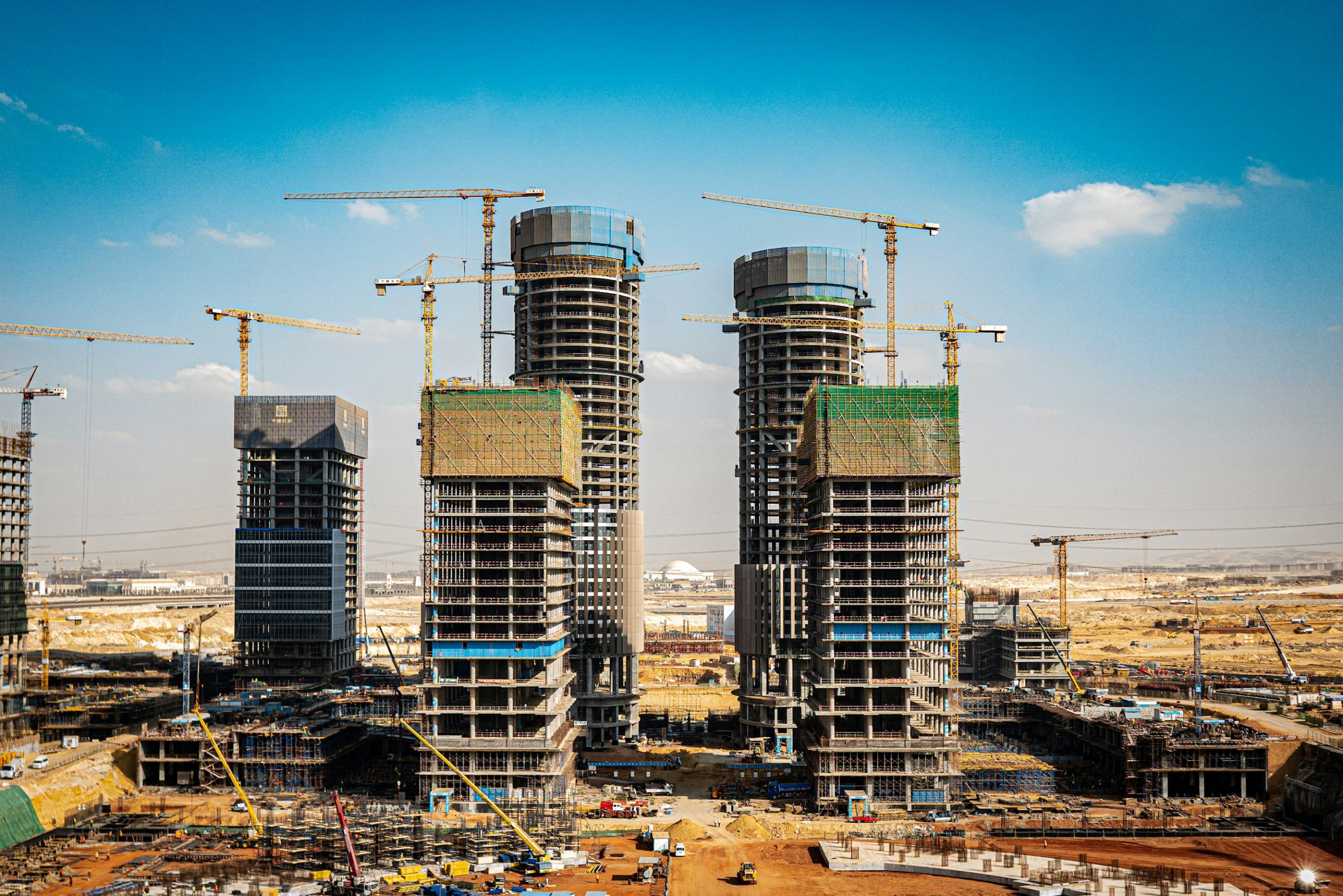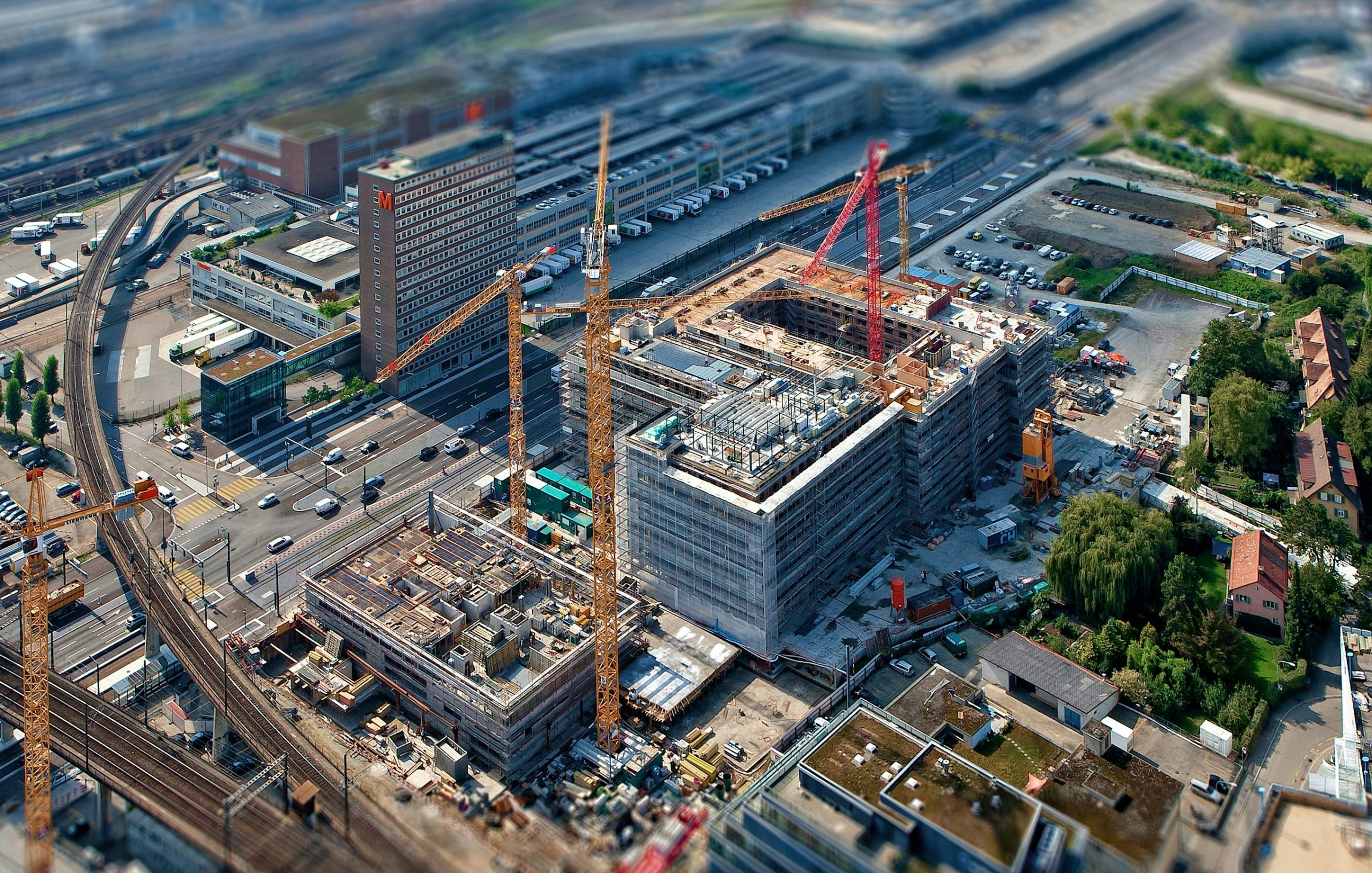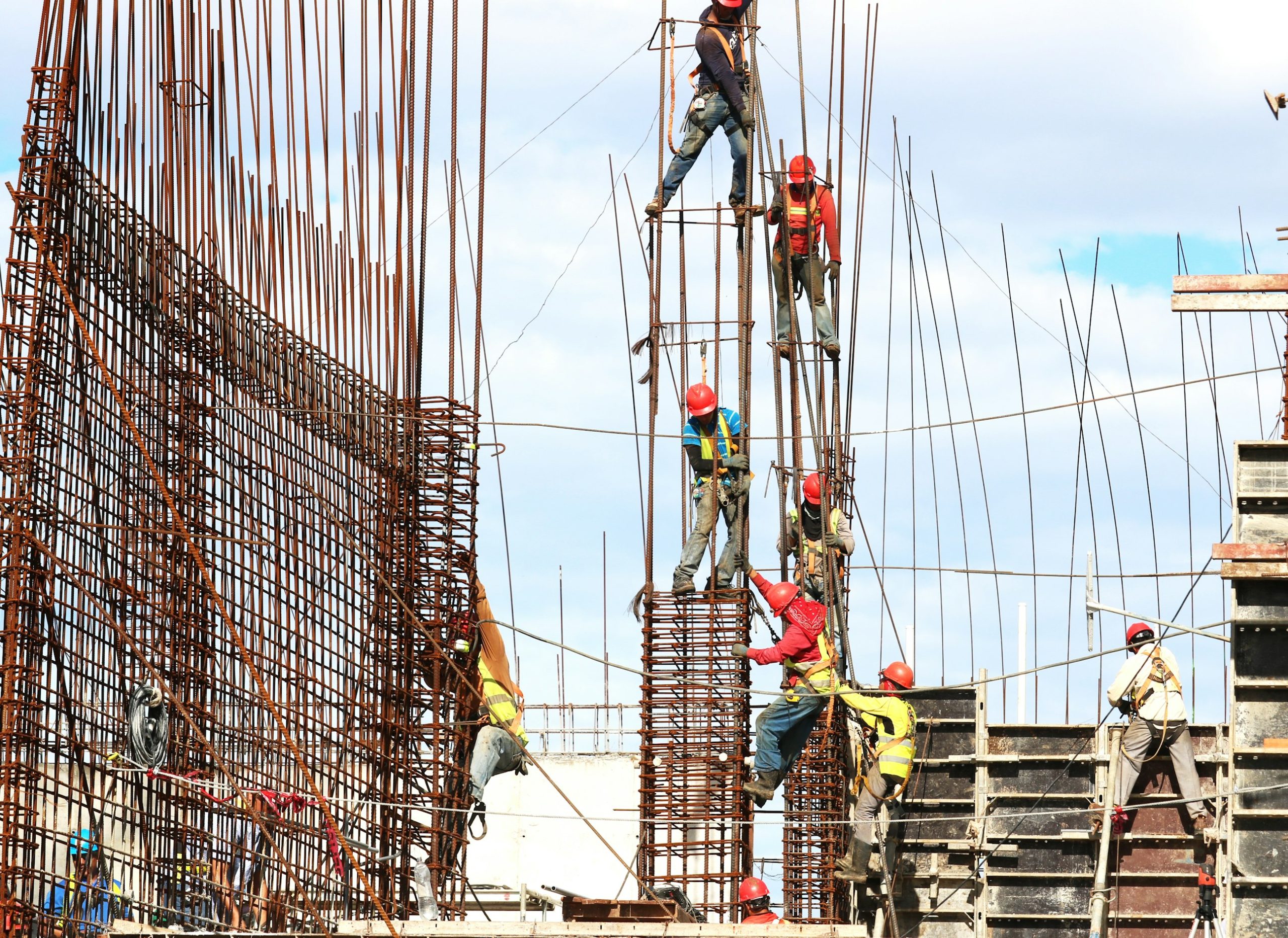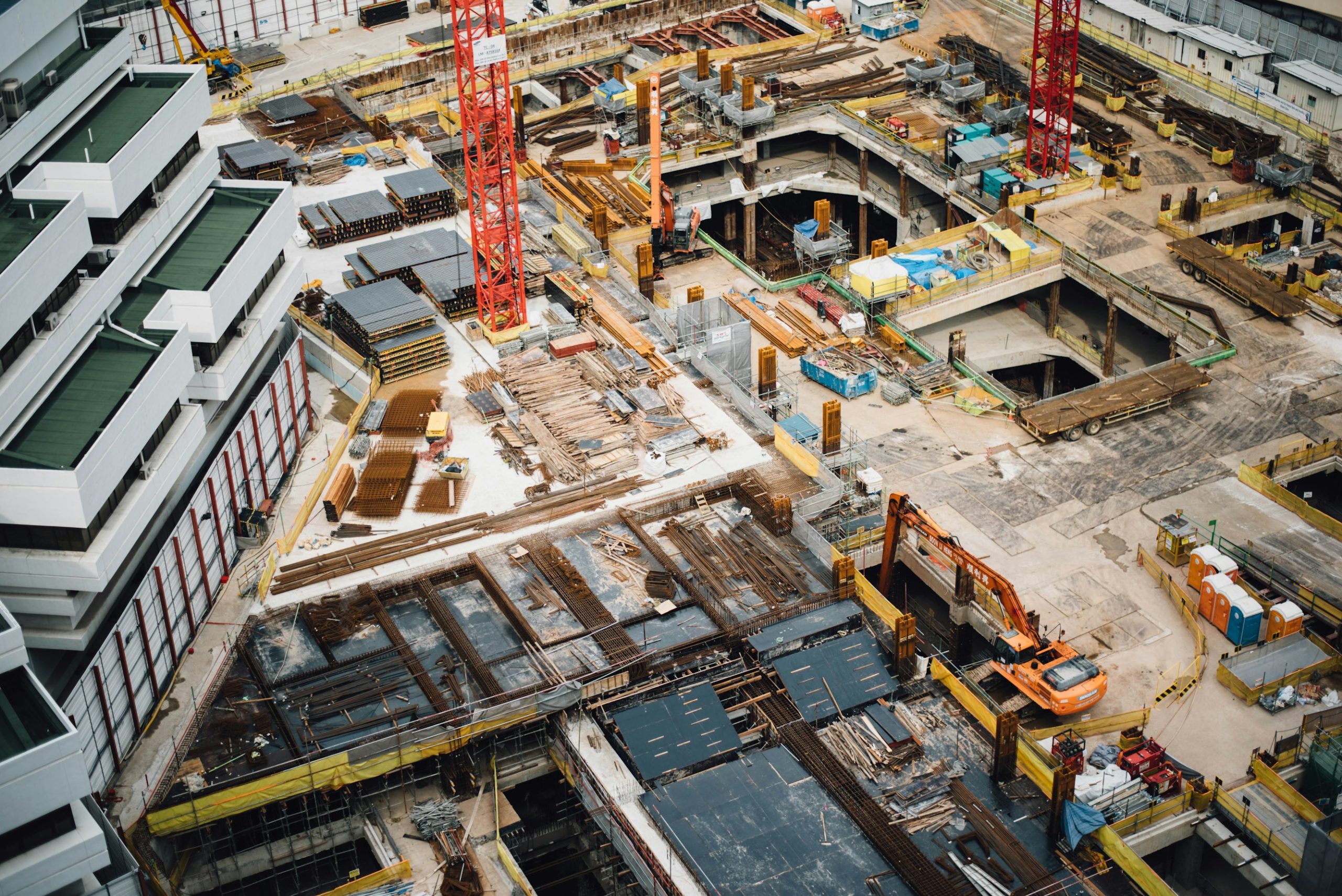The Ethics of AI in Construction: Challenges and Opportunities
With the ever-evolving landscape of the construction project management software industry, the incorporation of AI technologies is revolutionizing how construction projects are executed. AI in construction enhances operational efficiency, improves safety measures, and promotes sustainable practices, but it also presents ethical challenges that require careful consideration. This blog post delves into the unique aspects of AI in construction, examining both the opportunities it creates and the ethical dilemmas it introduces.
Key Concepts and Benefits of AI in Construction
Artificial Intelligence is making significant strides across various domains, and the construction industry is no exception. Some of the key benefits include:
- Efficiency and Productivity: AI optimizes design processes, project planning, and resource management. Algorithms can analyze large datasets to predict potential delays, assess risks, and recommend more efficient scheduling. With AI, the construction process can potentially see a productivity increase of up to 20%.
- Safety and Risk Management: AI technologies, such as computer vision and machine learning, continuously monitor construction sites to identify and mitigate safety hazards, significantly reducing workplace accidents by as much as 25%.
- Sustainable Practices: By optimizing material usage and reducing waste, AI contributes to the development of infrastructure that is both efficient and environmentally friendly.
- Generative Design: AI tools can formulate design solutions that meet various criteria including performance metrics and aesthetic requirements, enabling not only efficiency but also cost-effective project outcomes.
Ethical Challenges of AI in Construction
While the benefits are significant, the ethical challenges posed by the deployment of AI in construction cannot be overlooked. Key issues include:
- Data Privacy and Governance: The utilization of AI raises concerns about how data is collected, used, and protected. Effective data governance policies are critical to maintain trust among stakeholders.
- Liability and Accountability: Should an AI system lead to defective designs or accidents, questions of liability arise. The person or entity deploying the AI tool is likely to bear these responsibilities, emphasizing the need for clear contractual agreements.
- Human Oversight and Skills Erosion: A heavy reliance on AI systems without adequate human oversight may result in unchecked errors and may also contribute to the erosion of critical skills among workers.
- Transparency and Fairness: It’s vital to ensure transparency and fairness in AI-driven decisions. This includes establishing audit trails for algorithms and fostering accountability in the design process.
Legal Implications of AI in Construction
The integration of AI raises several legal concerns that industry professionals must navigate carefully. These include:
- Contractual Provisions: Contracts must be meticulously crafted to encompass roles, responsibilities, and collaborative principles associated with AI usage. Neglecting these aspects could lead to disputes and compliance failures.
- Regulatory Compliance: Adhering to safety and regulatory standards is crucial for AI systems in construction. Companies must work with regulatory bodies to remain compliant and informed about evolving standards.
- Ownership and Intellectual Property: The ownership of AI-generated designs presents further complexities, with potential implications for patents and copyrights that developers must navigate.
Emerging Innovations and Use Cases
As the construction sector increasingly adopts AI technologies, several exciting innovations are on the horizon:
- Autonomous Systems: Future projects may feature autonomous machinery and drones for construction tasks. Ethical considerations and frameworks will be essential to ensure their safe interaction with human workers.
- AI-Powered Image Recognition: Image recognition tools can be utilized to inspect worksites for defects or deviations from standards, helping maintain higher quality control benchmarks.
- Predictive Maintenance: AI’s capability to monitor equipment conditions in real-time allows for predictive maintenance measures, thereby reducing downtime and extending asset lifespans.
Best Practices for Ethical AI Deployment in Construction
To ensure the responsible use of AI technologies, construction companies should adopt the following best practices:
- Ethical Frameworks: Establishing rigorous ethical standards ensures the responsibility and accountability of AI systems and their outcomes.
- Clear Contractual Terms: Contracts should be detailed regarding AI’s usage, including stipulations about liability and ownership of AI-generated outputs.
- Human-AI Collaboration: AI technologies must be designed for effective collaboration with human workers, balancing automation with necessary oversight to avoid skill erosion.
How Zepth Can Help
As the construction landscape continues to evolve with AI-driven tools, platforms like Zepth provide robust support through:
- Project Management: Zepth’s construction management solutions can seamlessly integrate AI tools to enhance project planning, resource allocation, and risk management, ensuring efficient project completion.
- Data Analytics: Leverage Zepth’s AI-driven data analytics tools for real-time insights on project progress, resource utilization, and risk identification, empowering proactive decision-making.
- Compliance and Governance: With Zepth, construction companies can ensure compliance with regulatory standards while maintaining robust data governance practices.
- Collaboration Tools: Zepth’s AI-powered platforms promote enhanced communication and collaboration among all project stakeholders, aligning project goals and timelines effectively.
By embracing AI responsibly, the construction sector can unlock incredible potential while navigating the ethical complexities. For further insights into Zepth’s innovative tools and solutions for enhancing construction management, visit our Construction Management Solutions page.
